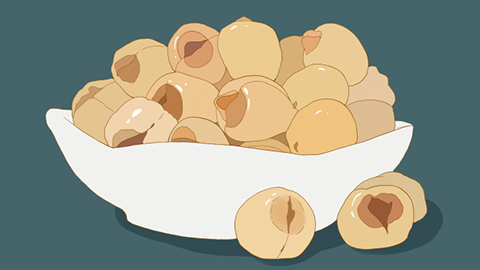Can pregnant women eat lotus seeds?
Pregnant women can eat lotus seeds, but their suitability depends on individual body constitution and the amount consumed. Detailed analysis is as follows:

If a pregnant woman has a balanced constitution, moderate consumption of lotus seeds can supply nutrients such as protein, vitamins, and minerals. The nuciferine in lotus seeds also helps calm the mind and improve sleep quality during pregnancy. When cooking, lotus seeds can be prepared in porridge or soup, which not only aids digestion but also provides nourishment, especially suitable for pregnant women experiencing mental restlessness and poor sleep.
However, if a pregnant woman has a cold-deficient constitution or consumes excessive lotus seeds, adverse effects may occur. Lotus seeds are relatively cool in nature, and excessive intake by individuals with cold-deficient constitutions may exacerbate internal coldness, leading to discomforts such as abdominal pain and diarrhea, potentially affecting fetal health. Furthermore, lotus seeds contain significant amounts of starch; excessive consumption may cause blood sugar fluctuations, which is unfavorable for pregnant women with elevated blood sugar levels.
Before consuming lotus seeds, pregnant women should understand their own body constitution and control the amount eaten. It is recommended that each serving not exceed 15 grams. If any physical discomfort occurs after consumption, intake should be stopped immediately and medical advice sought to ensure dietary safety during pregnancy.




